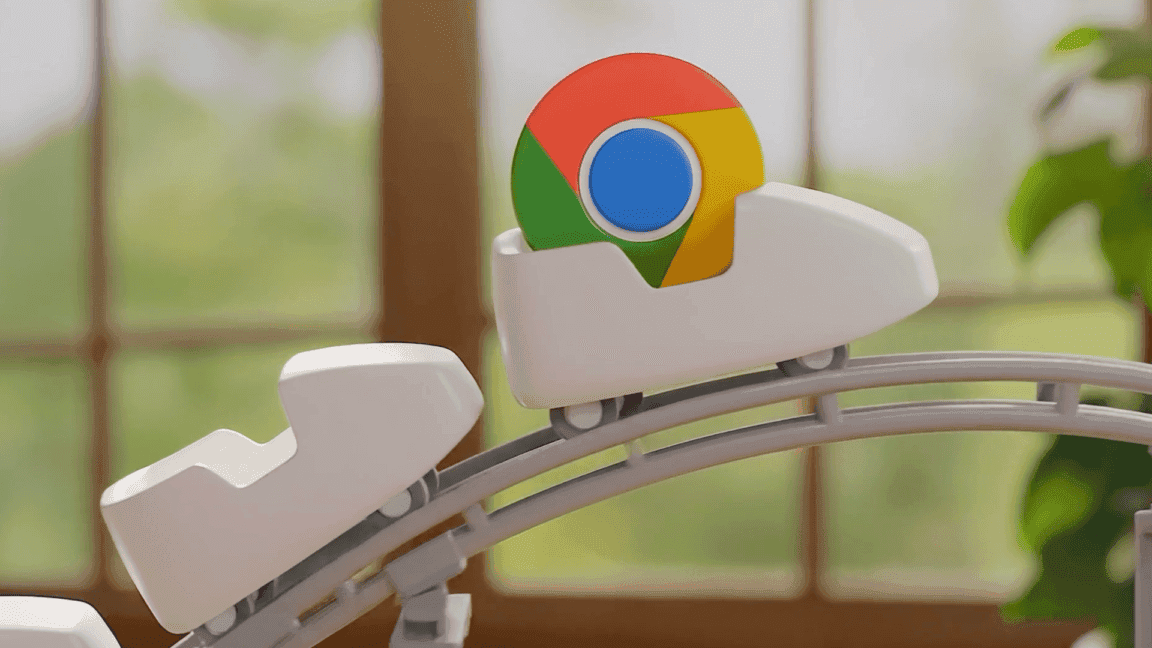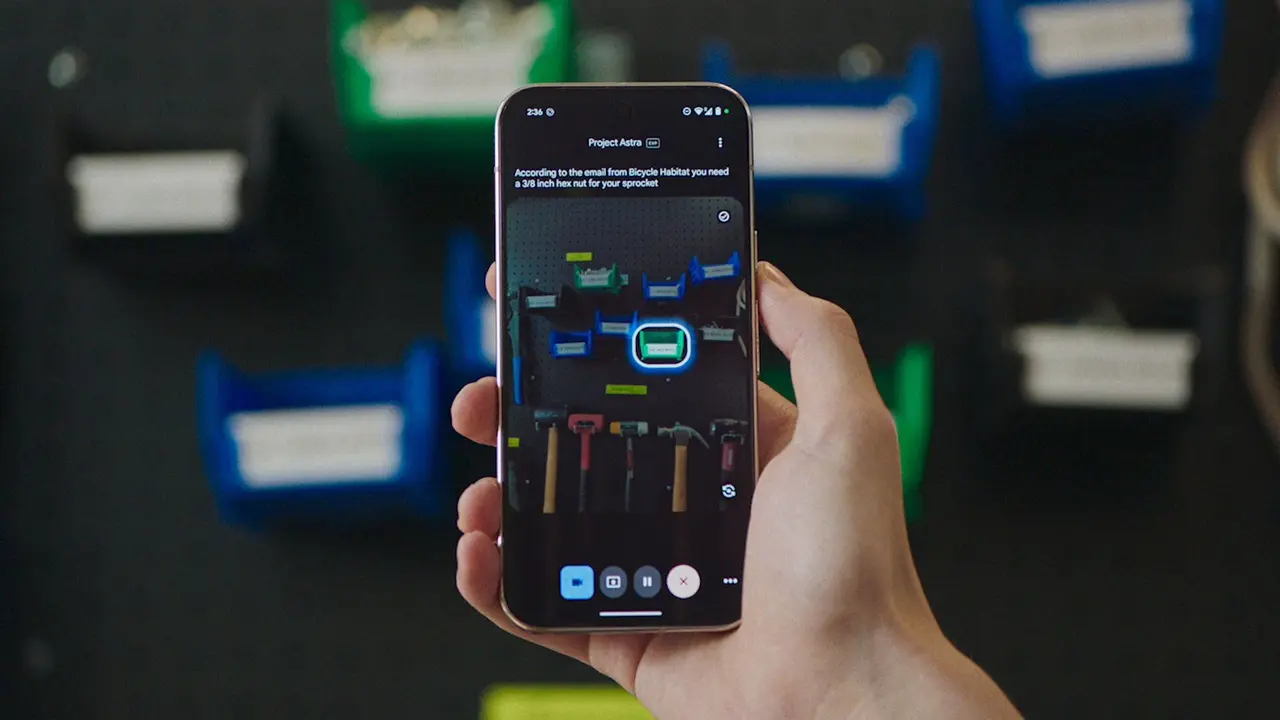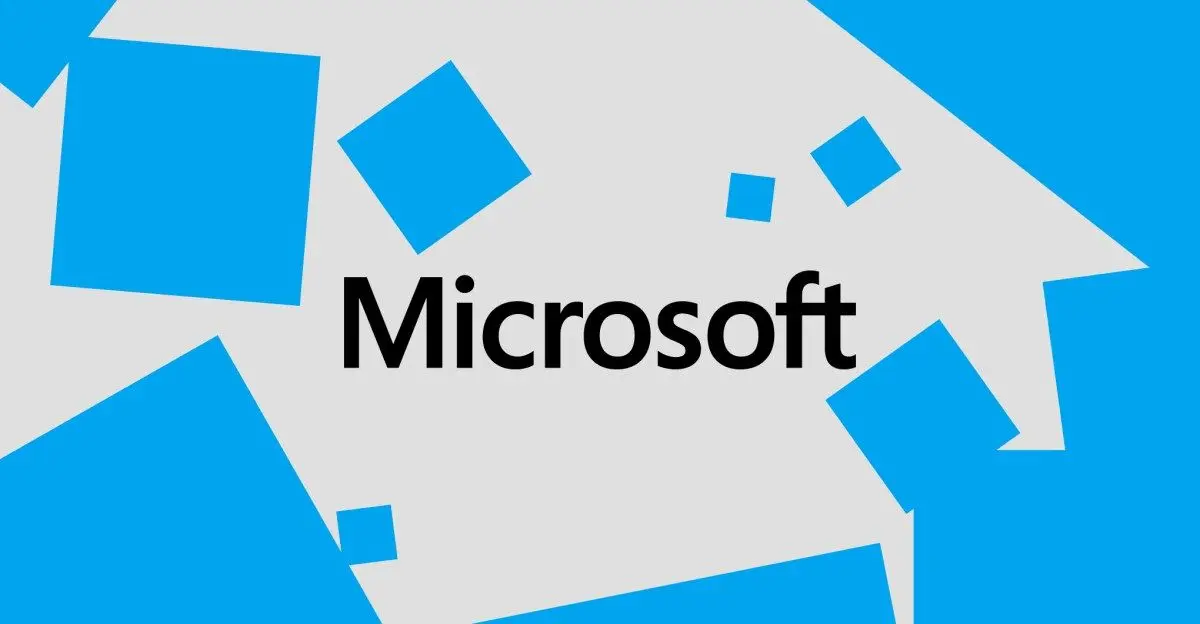Google Breaks 7-Year Android Update Promise for Pixel 9 Series
2 Sources
2 Sources
[1]
Google Breaks 7-Year Android Update Promise with Pixel 9 Launch
It begs the question if Google did this deliberately or if there were other factors involved. August 13 was a great day for Google and Pixel fans globally as the curtains were finally open on the Pixel 9 series. While the new Pixels bring pretty decent improvements and new AI features over the previous-gen Pixels, one of the odd things about this launch is that unlike Pixel launches each year, the Pixel 9 series doesn't come with the latest Android version, i.e., Android 15. Does this mean Google is already backtracking on its 7-year update promise? Let's shed some light on it. Pixel 9: Did Google Just Break Its Own Update Promise? Google's 7-year update announcement came during the launch of the Pixel 8 series, and it took the Android community by storm. Beating Apple in the updates game was a huge deal, after all. While most people were happy with the announcement, some questioned if Google would actually adhere to its promise. That's because, the firm isn't exactly known for keeping and fulfilling them. Fast-forward a year, and Google might have started backtracking on its promise. The Pixel 9 series comes with Android 14 out of the box instead of Android 15, which was extremely shocking for a new Pixel device. Now, before we get ahead of ourselves, there might've been many factors at play in the firm internally. These could be reasons why Android 15 didn't release alongside the Pixel 9 series. However, our counter question to this is that Android 15 Beta 4 rolled out a month ago and had already reached platform stability. While the release timeline on the official website doesn't mention stable Android 15's release date, new Pixels have always received the latest Android update a month or two after the final beta. Hence, had Google willed, they could've released Android 15 alongside Pixel 9. But again, it is possible that they wanted to do it, but the stable builds weren't ready. Pixel 9 and 8 Series Get The Same Number of Android Updates The last reason could be that Google deliberately wanted to deduct an update early from the 7-year update quota because they just don't want to support the Pixel 9 series till Android 22. This means the Pixel 9 technically still gets 7 years of updates, but it's actually only 6 Android updates after Android 15 and feature drops till August 2031. Now, as complex as this situation is, it's quite common in the Android world. When a manufacturer launches a phone with, say, Android 14 and promises three major updates, users assume that the phone will get updates till Android 17. As a result, many manufacturers use a tactic where they release a phone when a new Android version is just around the corner. This is so that they could count the new "soon to release" Android version update in the update quota. Google has now done the same with the Pixel 9 series. Google's 7 Years promise states all the major Android versions and feature drops released during those years. Considering a new Android version is usually released in September or October and the Pixel 9 is supported till August 13, 2031, unless Android 22 is released before August 14 (which is unlikely), it's safe to say that Pixel 9 won't get Android 22. Ultimately, the reason behind this mess is due to Google launching the Pixel 9 series one month prior than usual. This could be because Google thought it would be better to launch the phones before the iPhone 16 series which is scheduled to launch in September, or it could be because Google didn't want to launch Pixel 9 with Android 15 because it would then mean they'd have to support it till Android 22. Backtracking on Updates or Free Update Compensation? For those wondering if Android 15 will be a free update and won't count in the quota, the Made by Google event, like the Google I/O, barely mentioned Android 15, and that makes us believe that Google will count the upcoming Android 15 update for the Pixel 9 series in the 7-year quota. This means that by the end of 2031, both the Google Pixel 8 and Pixel 9 series will have received the same number of Android updates and will be on the same Android version, i.e., Android 21. The latter however will receive one extra year of feature drops. What are your thoughts on Google launching Pixel 9 series early with Android 14 instead of Android 15? Do you think this was a deliberate move from Google to make achieving the 7-year update promise a bit easier? Let us know in the comments.
[2]
Pixel 9 phones won't be released running Android 15 -- what the heck is happening?
If you were paying attention to yesterday's Made By Google event, and the launch of the Pixel 9 series, you might have noticed that Android barely got a mention. The Android section of the presentation ended up being dominated by Gemini news, and there was zero information about Android 15 -- or more specifically when the upgrade will leave beta. Normally, new Pixel flagships launch running the next version of Android out of the box, but we had heard rumors that this may not be the case with the Pixel 9. As skeptical as we were, it turns out those rumors were completely true -- and Google specs confirm the Pixel 9 will launch running Android 14. It doesn't make a whole lot of sense, especially when you remember that Pixels usually launch in mid-October -- meaning the Pixel 9 is arriving 2 months earlier than everyone we expected. We had speculated that the launch could have been brought forward so the Pixel 9 and Android 15 launch around the same time -- but that clearly isn't the case. To top it off, Google hasn't given us any additional information. We don't know when Android 15 will arrive or why the Pixel 9 series is launching so much earlier than previous years -- leaving us to try and fill in the gaps ourselves. The simplest explanation is that Android 15 probably isn't ready yet. Unlike new versions of iOS, which typically launch a few days ahead of the next iPhone launch event, Android's release dates bounces around quite considerably. Sometimes we'll see the software arrive in August, other times September and on a few occasions it doesn't arrive until October -- as was the case with Android 12 and Android 14. The fact that Samsung has reportedly delayed its Android 15/OneUI 7 update indefinitely lends some support to that idea. Samsung is the biggest Android phone maker around, and has pretty close ties with Google at the moment. If someone like Samsung doesn't know when Android 15 might be ready for prime time, then clearly there's still a bunch of work that needs doing to the software behind the scenes. We just don't know what that might involve or how long it might take to finish. And we won't know anything more until Google actually decides to tell us. Of course bringing the hardware launch up, when the software isn't ready yet, is still pretty confusing. There are two big factors that Google needs to consider, though. The first is AI, which is increasingly becoming a very competitive industry, and Apple -- a smartphone titan that's also pushing into that market with Apple Intelligence. Barring the occasional blip like the COVID-19 pandemic, Apple's fall schedule runs pretty much like clockwork. Early September will see it launch the latest version of iOS, closely followed by the reveal of brand new iPhones -- and other hardware. Considering how much emphasis there was on AI and AI-powered features during the Made by Google event, it makes sense that Google would want to get ahead of the competition. More so considering the new AI features didn't make any mention of Android 15 -- suggesting they may still be able to work on Android 14 so long as the hardware is on board. Google did talk about how both the Tensor G4 and increased RAM will play a big part in the Pixel 9's AI prowess. If at least some of those features can run on the phone without needing Android 15 first, then it does make some kind of sense to get those devices out sooner rather than later. Someone may have decided the wait for Android 15 is a better compromise than waiting two months and letting Apple Intelligence gain some additional ground. Gemini isn't Android, despite being part of the Google event's "Android" presentation. But if Google is focussing more of its resources to better compete in the wider world of mobile AI, it makes sense that work on Android 15 might take a little longer to complete. Especially since it's not a particularly high profile or exciting update. It's incredibly strange that Google wouldn't divulge key information on when the update is going to arrive, especially considering it's going against the usual trend. But we won't know what's happening until Google actually decides to tell us what's going on. For now anyone picking up the Pixel 9, Pixel 9 Pro, Pixel 9 Pro XL or Pixel 9 Pro Fold should be aware that they will be receiving a phone running Android 14. Thankfully the four devices should be first in line to get Android 15, whenever it actually arrives.
Share
Share
Copy Link
Google's upcoming Pixel 9 series will not launch with Android 15, breaking the company's long-standing tradition of debuting new Android versions on its flagship devices. This unexpected move raises questions about Google's software strategy and the future of Android updates.

Google's Surprising Shift in Android Update Strategy
In an unexpected turn of events, Google has announced that its upcoming Pixel 9 series will not launch with Android 15, breaking a seven-year tradition of debuting new Android versions on its flagship devices. This decision has sent shockwaves through the tech community, raising questions about Google's software strategy and the future of Android updates
1
.The Broken Promise
Since the launch of the original Pixel phone in 2016, Google has consistently released its flagship devices with the latest version of Android. This practice has been a cornerstone of Google's smartphone strategy, showcasing the latest features and improvements in its mobile operating system. However, the Pixel 9 series, expected to launch in October 2024, will deviate from this pattern by shipping with Android 14 instead of Android 15
2
.Potential Reasons for the Change
While Google has not provided an official explanation for this shift, industry experts speculate on several possible reasons:
- Development challenges: The company may be facing difficulties in finalizing Android 15 in time for the Pixel 9 launch.
- Strategic realignment: Google could be reconsidering its approach to software updates and feature releases.
- Hardware focus: The decision might allow Google to concentrate on hardware improvements for the Pixel 9 series.
Impact on Users and Developers
This change could have significant implications for both Pixel users and Android developers:
- Delayed access to new features: Pixel 9 owners may have to wait longer for the latest Android innovations.
- Fragmentation concerns: The Android ecosystem might face increased fragmentation if flagship devices don't lead with the newest software.
- Developer challenges: App developers may need to adjust their strategies for targeting the latest Android versions
1
.
Related Stories
Future of Android Updates
Google's decision raises questions about the future of Android updates and the company's commitment to its previous update promises. It remains unclear whether this is a one-time occurrence or signals a broader shift in Google's approach to Android releases
2
.Industry Reactions
The tech industry and Pixel enthusiasts have expressed surprise and concern over this development. Many are eager to hear Google's official stance on the matter and understand how this change will affect the Android ecosystem as a whole.
As the launch of the Pixel 9 series approaches, all eyes will be on Google to provide clarity on its Android update strategy and reassure users about the future of timely software updates for its flagship devices.
References
Summarized by
Navi
Related Stories
Recent Highlights
1
Elon Musk merges SpaceX with xAI, plans 1 million satellites to power orbital data centers
Business and Economy

2
SpaceX files to launch 1 million satellites as orbital data centers for AI computing power
Technology

3
Google Chrome AI launches Auto Browse agent to handle tedious web tasks autonomously
Technology








